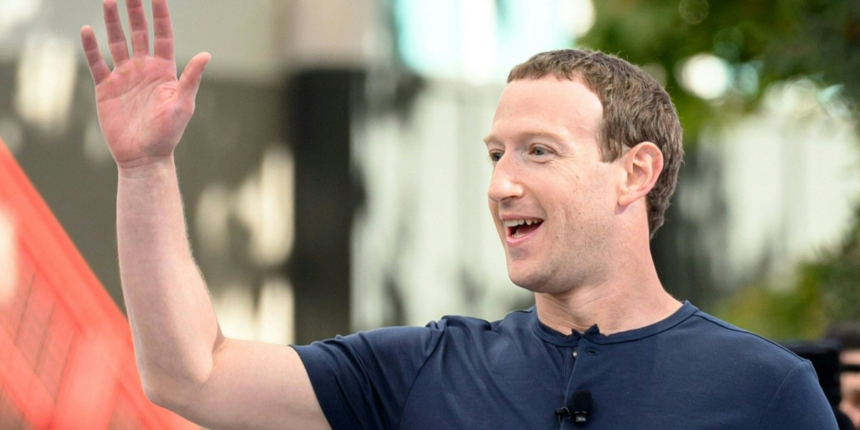So do we need to rethink the power of cash in negotiations? Is the era of the superstar employee over?
Not exactly, say management experts. Many have been watching the AI talent race and considering what it means for CEOs of companies in other industries and of more modest means. But they do believe that while competitive compensation still matters, the AI talent wars prove that squishy concepts like culture, empathetic leadership, and collegiality are stronger forces than most people would imagine.
But unlike other new technologies, AI models are also trained by users who evaluate and rate the model’s responses to prompts, multiplying the first-mover advantage effect. The most-used models will have access to feedback that will make it even harder for their competitors to catch up.
Knowing this, says Agrawal, “Nobody wants to fool around with a second-rate team.”
The promise of great wealth also explains why some AI researchers have chosen to stay in their current jobs. In conversations with some of the bright young minds who have been caught up in the talent wars, Agrawal, who is also a research fellow at Stanford’s Digital Economy Lab, has learned that many are gambling on a payoff in the future. “Even though the offers sound very big to you and me,” Agrawal says, “they are with a younger, smaller company where they have equity, and they think there’s a chance that their equity in that company will be worth more.” That tantalizing possibility just isn’t as likely at an established brand.
Still others who have rejected fat offers claim they’re less motivated by money and more focused on a company’s professed mission, Agrawal says, acknowledging how unlikely and grandiose that sounds. “They think that this is a unique moment in history, and that the things they’re working on could shape the future of civilization,” he says. “They truly believe that.”
That last point brings us to the realm of corporate culture, the least visible of forces at play in these scenarios, but one that some academics say is the ultimate filter that employees use to make decisions.
In some company cultures, recruiting high performers by simply paying the most has been normalized, but Chatman warns that transactional relationship building “has never been a good long-term way of generating high levels of performance, innovation, and commitment in organizations.”
“These are humans who happen to be a resource,” he says. “Some of them you’re going to have to protect.”









